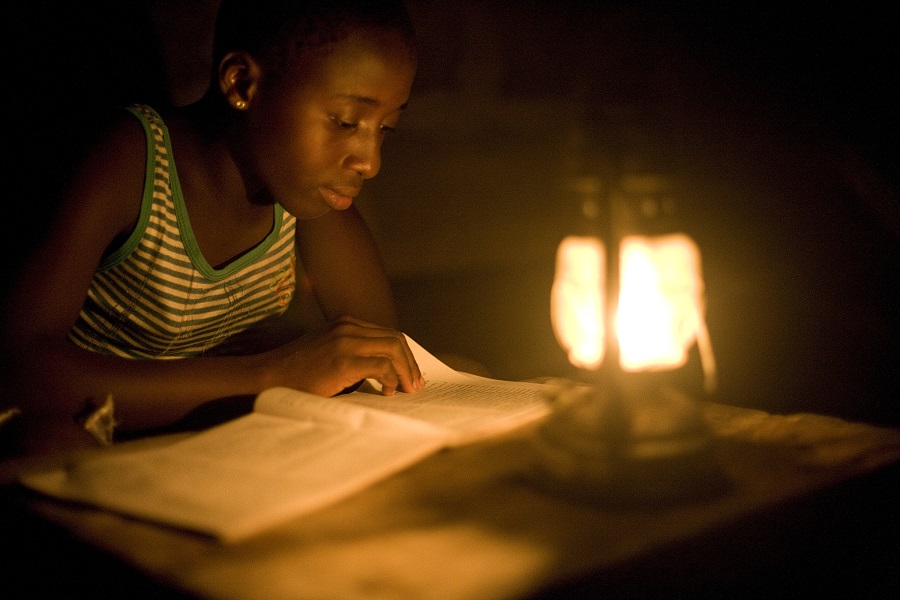Light, in a literal sense, is a natural agent that enables vision and illuminates surroundings. In modern contexts, light refers to electricity, which powers educational facilities, homes, and industries. In Nigerian universities, reliable light is essential for effective studying, research, and overall academic progress. Unfortunately, the lack of consistent power supply has become a significant obstacle for students and institutions alike.
Nigeria as a Federal State Nigeria operates as a federal state, comprising 36 states and a Federal Capital Territory (FCT). Each state has a degree of autonomy but remains under the central authority of the federal government. Despite its abundant natural resources, including vast energy reserves, the country struggles with power generation and distribution. This failure reflects broader systemic inefficiencies that affect various sectors, including education.
Reasons for Power Outages in Nigerian Universities
The persistent lack of electricity in Nigerian universities has created a challenging learning environment. Some of the key reasons include:
- Insufficient Power Infrastructure: Many university campuses lack the infrastructure needed to ensure a steady power supply. Outdated transformers, overloaded grids, and poor maintenance contribute to frequent outages.
- Underfunding of Universities: Many public universities in Nigeria are underfunded, leading to inadequate investments in essential utilities such as electricity.
- Dependence on National Grid: Most universities rely solely on the national grid for electricity, which is notoriously unreliable due to low generation capacity and frequent system collapses.
- Mismanagement and Corruption: Funds allocated for energy infrastructure are often mismanaged, leading to subpar projects and prolonged outages.
- Insecurity and Vandalism: Acts of vandalism on power lines and facilities disrupt electricity supply to many campuses.
The Reality: Studying by Candlelight
For many Nigerian students, studying by candlelight has become a grim reality. The absence of light forces students to rely on candles, kerosene lamps, or rechargeable lanterns, which are not only inadequate but also pose safety hazards. These alternative lighting methods limit productivity and compromise the quality of education, particularly for students in science and technology fields requiring extensive laboratory work.
How the Government Can Address the Problem To resolve the issue of unreliable power supply in Nigerian universities, the government must take a multifaceted approach:
- Invest in Renewable Energy: Solar and wind energy projects can provide universities with sustainable and independent power sources. Installing solar panels on campuses is an effective way to reduce reliance on the national grid.
- Prioritize Education Funding: Increased funding for higher education can enable universities to invest in modern power infrastructure, ensuring consistent electricity for academic activities.
- Strengthen Maintenance Culture: Regular maintenance of existing power infrastructure will minimize outages and improve reliability.
- Encourage Public-Private Partnerships (PPPs): Collaborating with private energy companies can bring innovative solutions and much-needed resources to tackle power challenges in universities.
- Implement Security Measures: Protecting power facilities from vandalism through enhanced security measures and community involvement is crucial for uninterrupted supply.
- Policy Reform: The government should implement policies encouraging decentralized energy generation, allowing universities to operate their power plants or microgrids.
The light issues in Nigerian universities are emblematic of broader systemic failures in the nation’s power sector. Addressing these challenges requires a collaborative effort between the government, universities, and private stakeholders. By prioritizing reliable electricity for educational institutions, Nigeria can empower its students and improve the quality of its higher education system. Only then can the nation unlock its full potential and ensure a brighter future for its youth.

